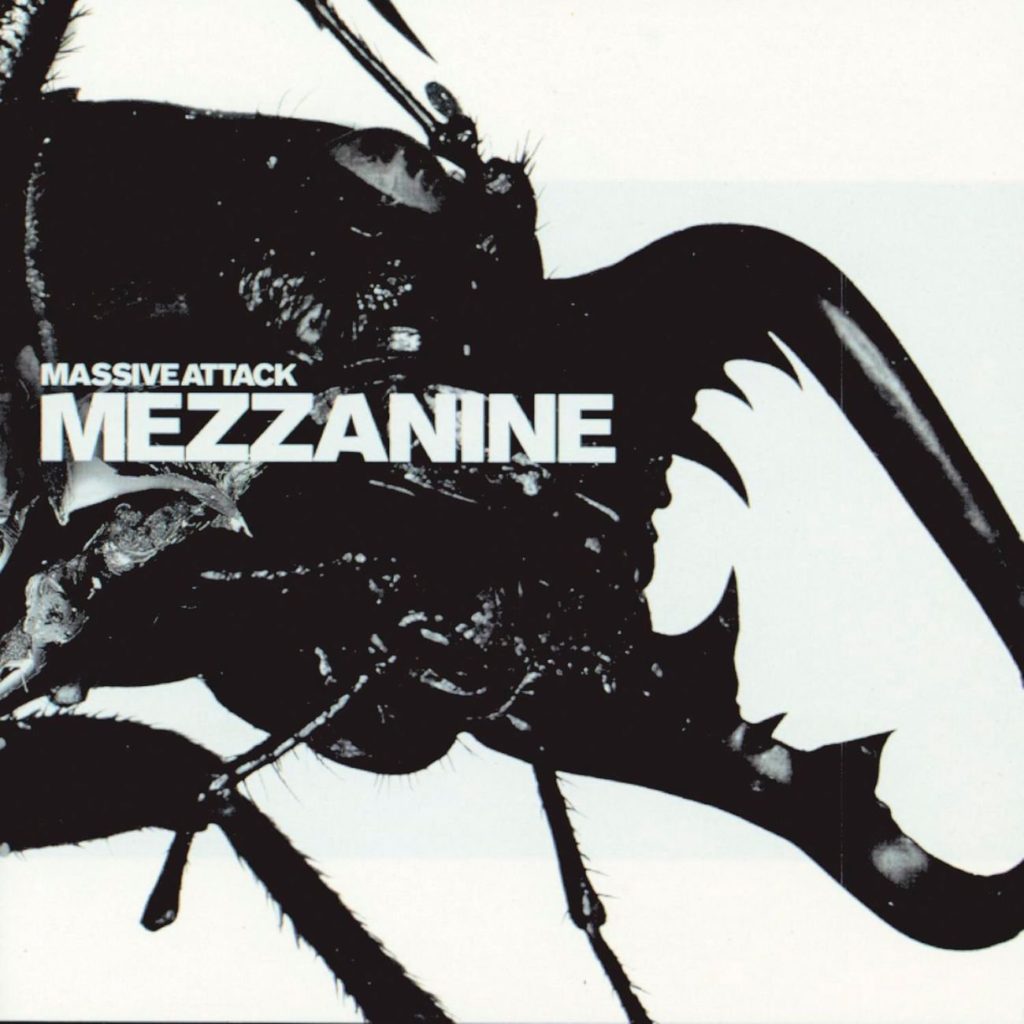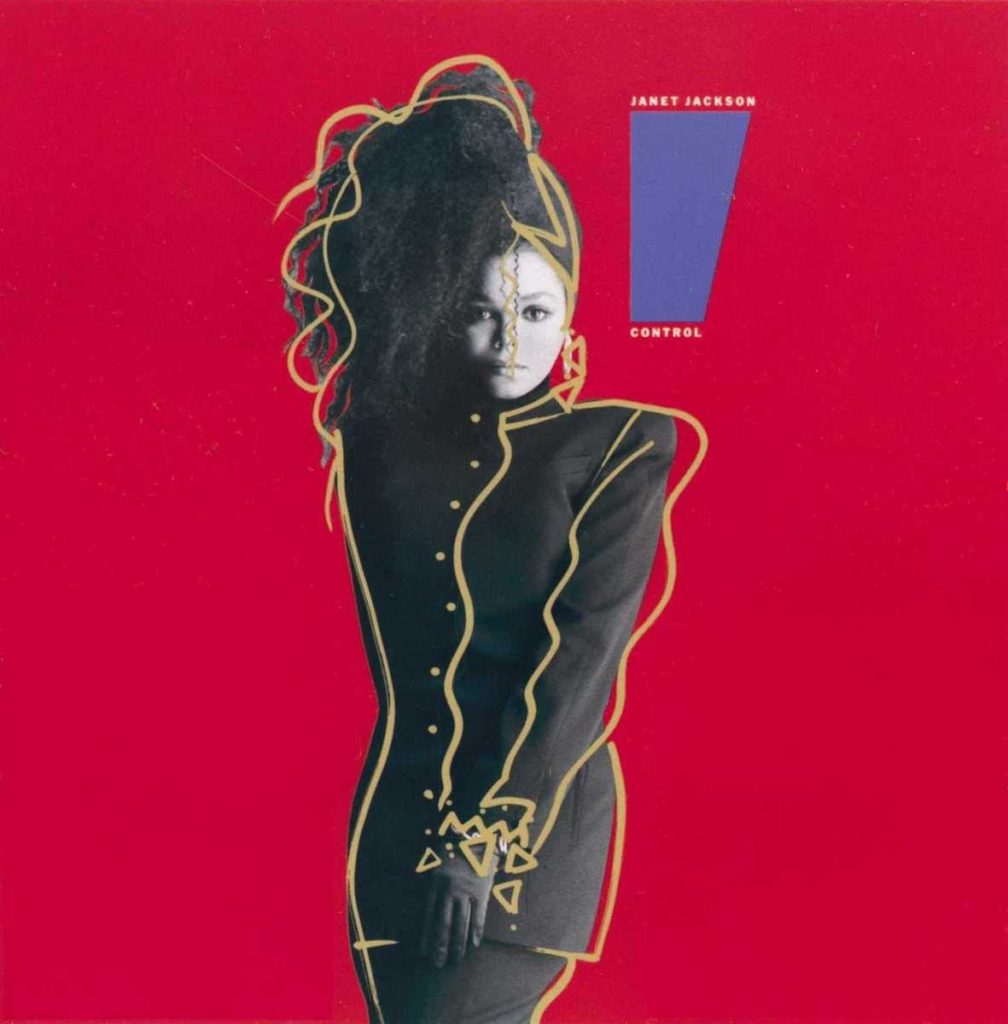Album Review: Massive Attack – Mezzanine (#MWE)

A whole wave of eerie trip-hop entered the public consciousness, particularly in the UK, thanks to Massive Attack. When a modern listener hears Mezzanine, arguably the group’s landmark album, for the first time, they might conjure mental images of the X-Files movie or Neo and Trinity running down a dark hallway in trench coats. The ubiquity of this sound ran rampant so prominent to become a cliche, but the influence of Mezzanine cannot be ignored.
Opener “Angel” sets the tone for the album, a fairly major departure from Massive Attack’s jazzier approach on previous efforts like Protection and Blue Lines. The song is an ominous, slow build, and an eerie vibe is established for what’s to come. “Risingson” features smoky atmospherics, record scratches, and raspy rapping from Robert Del Naja and Grantley Marshall. The track features a Velvet Underground sample, a practice Massive Attack liberally continue on Mezzanine.
For my money, the best song on the album is “Teardrop,” perhaps because I’m a fan of the television show House, which used the song for its opening title sequence, and also perhaps because I’m a fan of Jose Gonzalez, who does a creepy acoustic cover of the track. These usages aside, the song stands on its own as a gorgeous, layered centerpiece for the album, evoking a dark wave of synths and subtle electronic snare hits over the listener’s ears, as Elizabeth Fraser’s haunting vocals wash over everything. If “Teardrop” isn’t the moment of conversion for any skeptic, then “Inertia Creeps” should do the trick; the song is a barrage of crawling electronic sounds and enveloping ambience, surrounding whispery rapping. The track feels as if it’s building to something more explosive, maybe more terrifying, but the moment never comes, giving “Inertia Creeps” a delightfully anxious mood.
In the second half we are treated to encroaching Reznor-esque guitars and Sarah Jay Hawley’s ominous vocals on the trip-hop-flavored “Dissolved Girl,” while “Black Milk” is a dark, Manfred Mann-sampling blanket of late-night disquiet. The formula wears a bit thin on the cover of “Man Next Door,” which doesn’t contain quite the same harrowing vibe as the rest of the album.
The mood of Mezzanine still haunts decades later; it’s a collection of goosebump-inducing unease that also functions as a successful foray into a new sound for the influential electronic group. Massive Attack reportedly were not getting along during the recording of the album; perhaps that discomfort crept its way into the cracks of Mezzanine, as every song follows a pattern of pleasant instability, like watching a wonderfully sinister thriller. It’s no wonder the sound permeated throughout the landscape of foreboding films and television shows. Even now, it still makes the listener’s hair raise.
Score: 9/10








